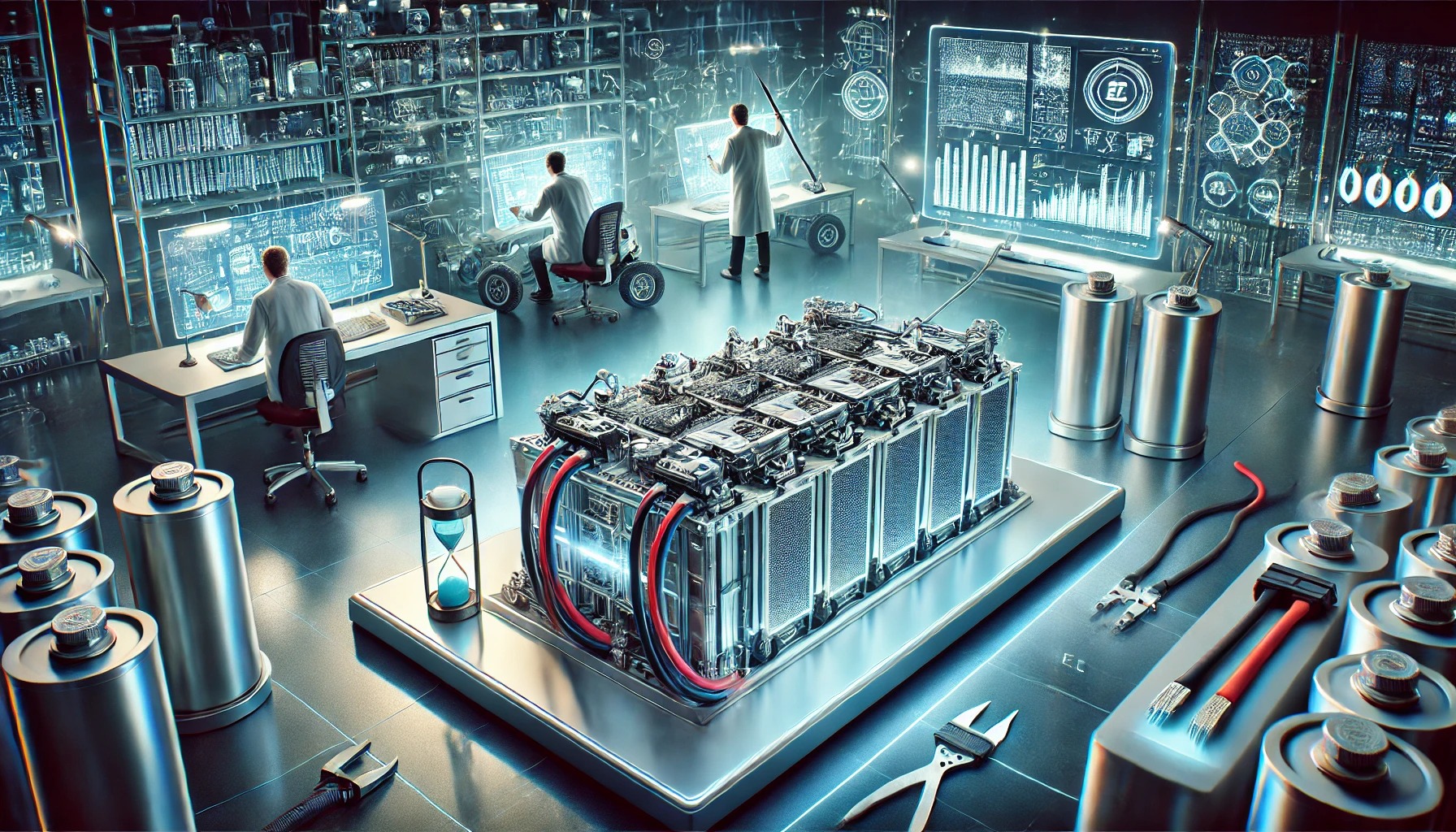Researchers at Harvard University have just taken an important step in the field of batteries with the development of a new lithium metal battery. This innovation promises to outperform current models, particularly the lithium-ion batteries that dominate the market today. The importance of this discovery lies in the ability of metallic lithium to store more energy, while being lighter and more efficient.
This breakthrough is crucial for the automotive sector, where the search for more efficient and longer-lasting batteries has become a priority. Electric vehicles, which are increasingly dependent on the energy density of batteries, could directly benefit from this advance. Expectations are high, because if this technology reaches the market, it could offer significantly greater autonomy than current electric cars, while reducing the weight of the vehicles and increasing their efficiency.
https://srqbacklot.com/actualite/le-secret-qui-fait-trembler-boeing-airbus-et-toshiba-sallient-pour-revolutionner-le-ciel/595890/
Lithium metal battery technology: more efficient and more durable
This new lithium metal battery developed by Harvard is distinguished by revolutionary technical features. Unlike lithium-ion batteries, it uses a lithium metal anode, which significantly increases energy density. This results in an ability to store more energy in a reduced volume, paving the way for more compact and more powerful batteries.
In addition to its increased performance, this battery is also more durable. Researchers have been working on materials and processes that reduce the formation of dendrites – structures that can damage traditional batteries – thereby increasing their longevity and reliability. Compared to traditional batteries, this new generation could offer better resistance to charge cycles, thus extending the lifespan of electric vehicles. This technology therefore promises to be a solution that is both more ecological and more efficient, meeting the needs of a sector seeking sustainability.
The challenges of commercializing a revolutionary technology
Despite its promises, the new lithium metal battery developed by Harvard has yet to overcome several challenges before it can be commercialized on a large scale. The first difficulty lies in the mass production of these batteries, which requires specific materials and complex manufacturing processes. Researchers must find a balance between performance and production cost for this technology to be economically viable for the automotive industry.
Another major issue concerns the safety and reliability of batteries. Although metallic lithium offers undeniable advantages in terms of energy density, it also presents increased risks of overheating and instability. Harvard teams are therefore working intensively on rigorous safety tests to ensure that these batteries meet industry standards. For automakers to adopt this new technology, it is essential to prove that lithium metal batteries are reliable in the long term, even in extreme driving conditions.
https://srqbacklot.com/innovation/des-entrepreneurs-italiens-lancent-sunspeker-le-premier-film-esthetique-entierement-personnalisable-pour-les-panneaux-solaires/595960/
Towards a new era of electric vehicles thanks to lithium metal batteries
If these challenges can be met, the new lithium metal battery could well revolutionize the electric vehicle industry. A lighter, more durable battery with better range could encourage even more consumers to go electric, meeting growing demands for sustainable mobility. The future prospects are encouraging: this technology could make it possible to design more efficient, more compact and less energy-consuming vehicles, while improving their autonomy.
Harvard researchers, in partnership with investors and industry players, are already considering new applications for this technology in the years to come. The goal is clear: accelerate the adoption of electric vehicles and reduce dependence on fossil fuels. This advance could also force competition to reevaluate their own battery technologies, paving the way for intense technological competition which will ultimately benefit consumers.


